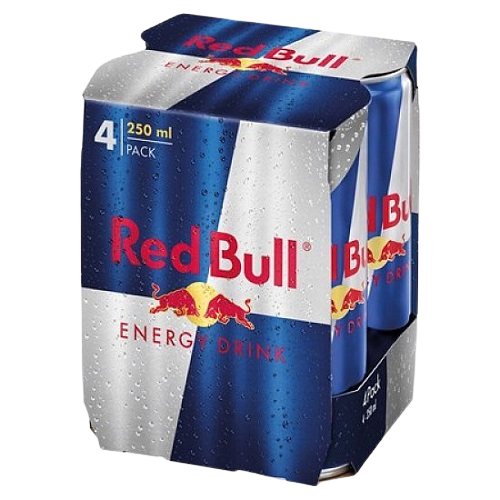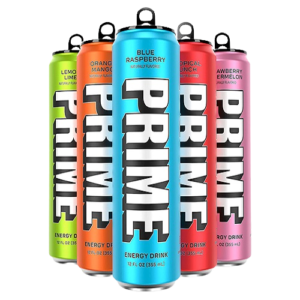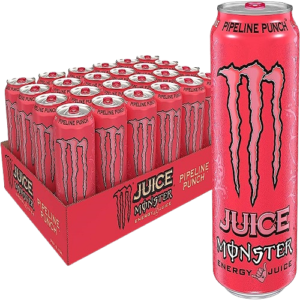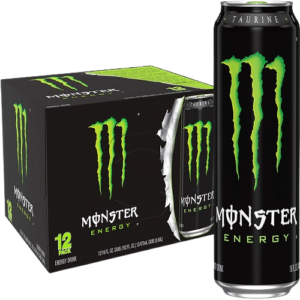Red Bull
Red Bull is a popular energy drink that has taken the world by storm. Known for its iconic slim blue and silver cans, it is one of the most recognizable and widely consumed energy drinks on the market. Created in 1987 by the Austrian entrepreneur Dietrich Mateschitz, Red Bull was inspired by a Thai energy drink called Krating Daeng.
It is designed to provide a quick boost of energy and mental alertness, making it a popular choice among busy professionals, students, athletes, and those seeking an energy boost during physically demanding activities.
Uses:
- Energy Boost: Red Bull is primarily used to increase energy levels and combat fatigue. It contains caffeine, taurine, and B-vitamins, which are believed to enhance focus and mental alertness, helping individuals stay awake and alert during times of tiredness.
- Physical Performance: Athletes often consume Red Bull before or during intense workouts or competitions. The caffeine in Red Bull may help improve endurance, reduce perceived effort, and increase overall performance, making it a popular choice in the sports community.
- Study and Work: Students and professionals sometimes turn to Red Bull during times of increased workload, tight deadlines, or exam preparation to help them stay awake and focused for extended periods.
- Mixing with Alcoholic Beverages: Red Bull is sometimes mixed with alcoholic drinks to create popular cocktails like “Vodka Red Bull.” However, it’s important to note that combining alcohol with energy drinks can lead to risky behaviors and is discouraged by health experts.
- Long Drives or Road Trips: Drivers on long journeys may consume Red Bull to combat drowsiness and fatigue. However, it should not replace the need for proper rest breaks during extended travel.
Disadvantages:
- High Sugar Content: One of the main concerns with Red Bull is its high sugar content. Consuming large quantities regularly can contribute to weight gain and increase the risk of developing health issues such as type 2 diabetes and tooth decay.
- Caffeine Dependency: Regular consumption of Red Bull can lead to caffeine dependency, making individuals reliant on it to maintain energy levels. This dependency can result in withdrawal symptoms when caffeine intake is reduced or stopped.
- Cardiovascular Issues: Red Bull contains a significant amount of caffeine and other stimulants, which can increase heart rate and blood pressure. Individuals with pre-existing heart conditions should be cautious about consuming energy drinks.
- Insomnia and Sleep Disruption: The high caffeine content in Red Bull can disrupt sleep patterns, leading to insomnia and restlessness if consumed close to bedtime.
- Combining with Alcohol: As mentioned earlier, mixing energy drinks like Red Bull with alcohol can be risky. It can lead to an altered perception of intoxication, potentially leading to dangerous behaviors or increased alcohol consumption.
- Not Suitable for Children and Pregnant Women: Red Bull is not recommended for children or pregnant women due to its high caffeine content and other ingredients.
Conclusion: While Red Bull can provide a quick energy boost and increase alertness, it’s essential to consume it in moderation. Excessive consumption may lead to potential health risks, especially if you have underlying health conditions. Before using Red Bull or any energy drink, it’s advisable to consult with a healthcare professional, especially if you have any health concerns or are taking medications. Remember, the best way to maintain energy levels is through a balanced diet, regular exercise, and sufficient rest.





Reviews
There are no reviews yet.